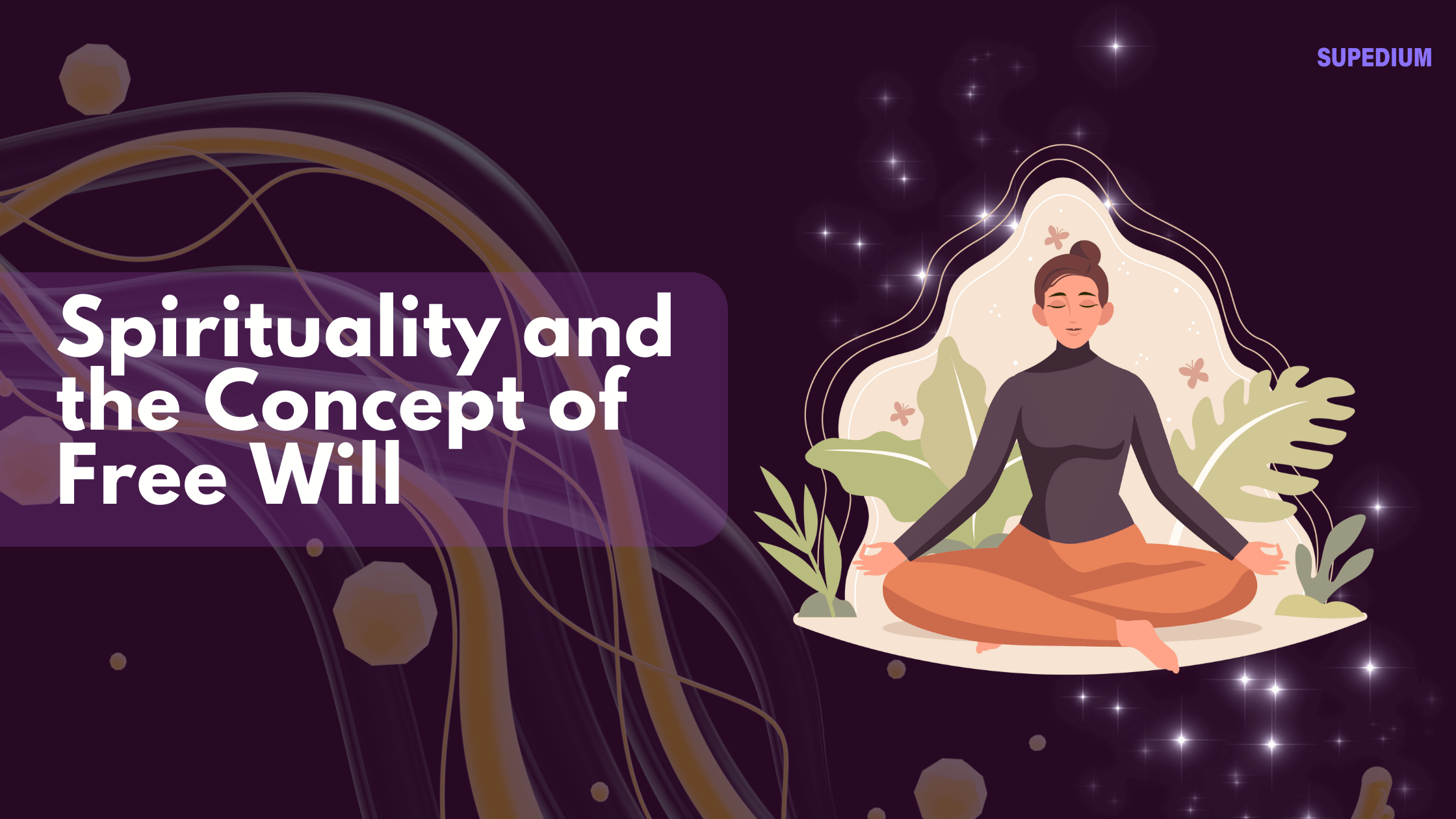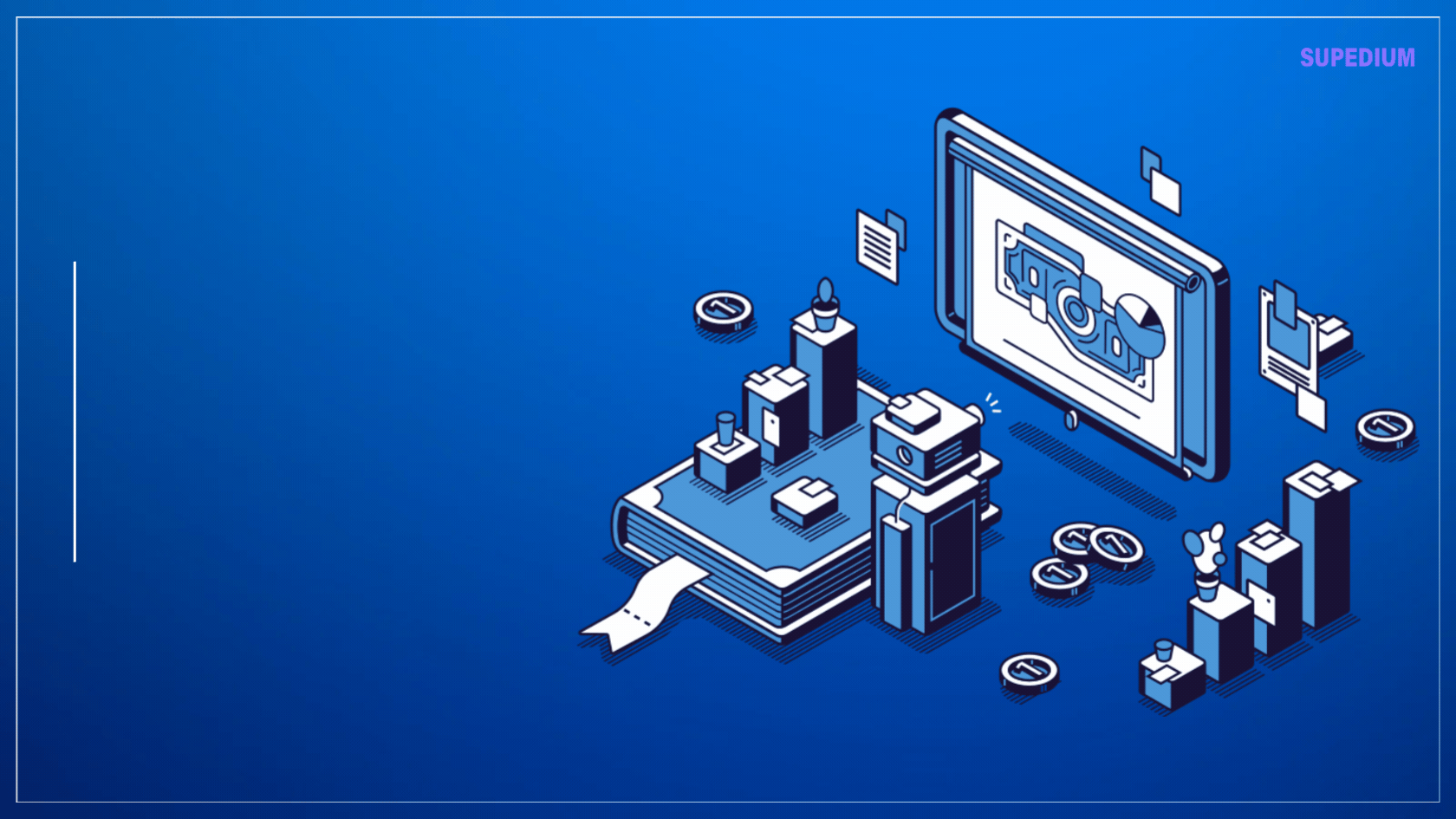Table of Contents
![]()
Introduction
Spirituality encompasses a broad range of beliefs and practices related to the search for meaning, purpose, and connection with something greater than oneself. It is often distinguished from organized religion by its more personal, individual approach to understanding the sacred and the transcendent.
Free will refers to the capacity of individuals to make choices unconstrained by external forces or predestination. It is a central topic in philosophy, psychology, and theology, questioning whether humans have the autonomy to shape their own destinies or if our choices are predetermined by factors beyond our control.
This article explores the intersection of spirituality and the concept of free will, examining how various spiritual traditions and philosophical perspectives address the nature of human agency and its implications.
Philosophical Perspectives on Free Will
Classical Theories
- Libertarianism
Libertarianism asserts that individuals possess free will and that their choices are not determined by external forces. This perspective holds that human beings can act according to their own desires and intentions, independent of prior causes or influences. Key proponents include philosophers like Jean-Paul Sartre, who argue that freedom is essential to human existence and that we are condemned to be free, bearing the full weight of our choices.
- Determinism
In contrast, determinism posits that every event, including human actions, is determined by preceding events and natural laws. According to this view, free will is an illusion because all choices are the result of a chain of causation beyond an individual’s control. Philosophers such as Baruch Spinoza and David Hume have supported this viewpoint, suggesting that our sense of freedom is a byproduct of our ignorance of the causal mechanisms that shape our lives.
- Compatibilism
Compatibilism attempts to reconcile free will with determinism, suggesting that free will and determinism are not mutually exclusive. Compatibilists like Daniel Dennett argue that freedom can be understood in terms of acting according to one’s desires and reasoning, even if those desires are themselves determined by prior causes. This perspective allows for moral responsibility while acknowledging the influence of causal factors.
Modern Perspectives
- Neuroscientific Views
Recent advances in neuroscience have raised questions about the nature of free will. Studies on brain activity suggest that decisions may be initiated before individuals become consciously aware of them, challenging traditional notions of free will. Researchers like Benjamin Libet have demonstrated that brain activity related to decision-making occurs milliseconds before conscious awareness, sparking debates about the implications for personal autonomy.
- Quantum Mechanics
Quantum mechanics introduces an element of indeterminacy at the subatomic level, which some argue could impact the concept of free will. The randomness observed in quantum events might suggest a degree of unpredictability in human behavior, potentially offering a space for free will to operate. However, the relationship between quantum indeterminacy and conscious decision-making remains a topic of ongoing debate.
Spiritual Perspectives on Free Will
Eastern Spiritual Traditions
- Hinduism
In Hinduism, the concept of karma plays a crucial role in understanding free will. Karma refers to the law of cause and effect, where one’s actions in this life affect future experiences. This view suggests that while individuals have the capacity to make choices, those choices are influenced by accumulated karma from previous actions. The interplay between personal agency and the broader cosmic order reflects a complex relationship between free will and divine determinism.
- Buddhism
Buddhism presents a nuanced view of free will through the concept of dependent origination (pratītyasamutpāda). This doctrine explains that all phenomena arise in dependence upon multiple causes and conditions, suggesting that human actions are shaped by a web of interconnected factors. While Buddhism acknowledges the role of individual agency in the pursuit of enlightenment, it also emphasizes the interdependent nature of existence, which influences the exercise of free will.
- Taoism
Taoism emphasizes the principle of wu wei, or non-action, which advocates for aligning with the natural flow of the universe rather than striving against it. This concept implies a form of freedom found in harmony with the Tao, or the underlying principle that governs the cosmos. In Taoist thought, true freedom arises from embracing the natural order and relinquishing rigid control, suggesting a different kind of free will rooted in surrender and flow.
Western Spiritual Traditions
- Christianity
Christianity offers diverse perspectives on free will, particularly in relation to divine providence. Theological debates center on the compatibility of human free will with God’s omniscience and omnipotence. Traditional doctrines, such as original sin and the concept of grace, address the limitations and responsibilities associated with human freedom. The interplay between divine sovereignty and personal choice is a central theme in Christian thought.
- Islam
Islamic teachings on free will involve a complex relationship between divine predestination (qadar) and human agency. While Islam acknowledges God’s ultimate control over all events, it also emphasizes human responsibility and moral choice. The balance between predestination and free will is reflected in the notion that individuals are accountable for their actions within the framework of divine will.
- Judaism
Judaism presents a range of views on free will, often framed within the context of covenant and divine law. Jewish thought emphasizes the responsibility of individuals to choose between good and evil, as outlined in the Torah. Various interpretations within Jewish tradition explore the tension between divine guidance and human autonomy, highlighting the importance of moral choice in fulfilling one’s covenant with God.
Indigenous and New Age Spirituality
- Indigenous Beliefs
Indigenous spiritual traditions often incorporate views on free will within the context of community and nature. Many indigenous cultures emphasize the interconnectedness of all life and the influence of spiritual forces on human actions. Concepts of destiny and agency are frequently intertwined with practices that honor the natural world and ancestral wisdom.
- New Age Spirituality
New Age spirituality embraces concepts of personal empowerment and self-determination. It often emphasizes the role of individual choice in shaping one’s reality, with a focus on personal growth and transformation. New Age beliefs frequently highlight the power of intention and consciousness in influencing outcomes, reflecting a modern interpretation of free will that incorporates elements of holistic and metaphysical thinking.
Integration of Spirituality and Free Will
Personal Responsibility and Growth
Spiritual practices can profoundly influence one’s sense of agency and personal responsibility. Practices such as meditation, prayer, and mindfulness encourage self-awareness and intentional living, helping individuals recognize their capacity to shape their own lives. Through spiritual growth, people may develop a deeper understanding of their choices and their impact on their well-being and relationships.
Moral and Ethical Implications
Spiritual beliefs can shape moral decision-making by providing a framework for understanding right and wrong. Different spiritual traditions offer varied perspectives on ethical behavior and personal responsibility, influencing how individuals navigate moral dilemmas. Spirituality often emphasizes the importance of aligning one’s actions with higher principles or values, impacting how free will is exercised in ethical contexts.
Challenges and Controversies
The relationship between spiritual determinism and free will can be contentious. Some argue that spiritual perspectives, particularly those emphasizing predestination or divine will, may undermine the notion of personal responsibility. Addressing these critiques involves exploring how spiritual beliefs can coexist with the concept of free will, acknowledging the complexity of integrating these perspectives.
Conclusion
In summary, the concept of free will is multifaceted and varies widely across philosophical and spiritual traditions. While classical and modern philosophical perspectives provide insights into the nature of human agency, spiritual traditions offer diverse interpretations that reflect different understandings of destiny, morality, and personal responsibility. By exploring the intersection of spirituality and free will, individuals can gain a richer perspective on their own capacity for choice and the broader implications of their actions.
The ongoing dialogue between these perspectives invites further exploration and reflection, encouraging individuals to consider how their spiritual beliefs and philosophical views influence their understanding of free will. Ultimately, this integration offers a deeper appreciation of the complexities of human freedom and the role of spirituality in shaping our lives.
Share This





Be the first to comment